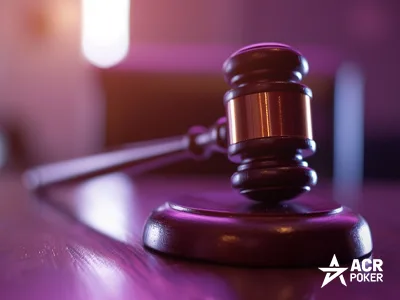The outcome could provide more fuel for tribes to fight for gambling expansion
The US Supreme Court has chosen not to review Maverick Gaming’s challenge to Washington State’s tribal gaming system, effectively upholding the Ninth Circuit Court’s decision and maintaining the current tribal compact structure.
This outcome solidifies Washington’s long-standing gaming framework under the Indian Gaming Regulatory Act (IGRA), which governs collaboration between the state and tribal nations. The decision keeps intact a system widely regarded as one of the most transparent and cooperative in the country.
For tribal communities across Washington, the ruling represents a strong victory for tribal sovereignty. The Washington Indian Gaming Association (WIGA) praised the decision, calling it a clear confirmation that the partnership between the state and tribes remains legally sound.
WIGA Executive Director Rebecca George said the ruling reinforces IGRA’s balance between state oversight and tribal self-governance, ensuring that tribes continue to manage gaming operations responsibly while contributing to local economies.
The case stemmed from Maverick Gaming’s effort to challenge Washington’s gaming compacts, arguing that the current model unfairly limited its business opportunities. The company’s appeal to the Supreme Court was denied, leaving the existing legal framework untouched.
Meanwhile, Maverick’s parent company, Run It One Time LLC, is undergoing Chapter 11 bankruptcy proceedings in Texas. This has drawn criticism from tribal leaders who questioned the firm’s motives and financial integrity during the legal fight.
Washington’s tribal gaming industry remains one of the state’s largest economic contributors, generating more than $7.4 billion annually. The revenue supports thousands of jobs and funds healthcare, education, and public safety programs for both tribal and non-tribal communities. The system’s success is credited to its strong regulatory structure, which combines federal and state oversight with transparent auditing and licensing procedures.

